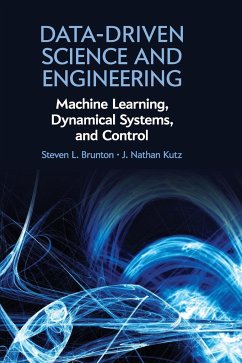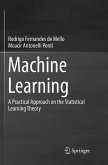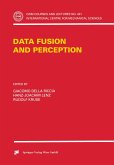Data-driven discovery is revolutionizing the modeling, prediction, and control of complex systems. This textbook brings together machine learning, engineering mathematics, and mathematical physics to integrate modeling and control of dynamical systems with modern methods in data science. It highlights many of the recent advances in scientific computing that enable data-driven methods to be applied to a diverse range of complex systems, such as turbulence, the brain, climate, epidemiology, finance, robotics, and autonomy. Aimed at advanced undergraduate and beginning graduate students in the engineering and physical sciences, the text presents a range of topics and methods from introductory to state of the art.
'This is a very timely, comprehensive and well written book in what is now one of the most dynamic and impactful areas of modern applied mathematics. Data science is rapidly taking center stage in our society. The subject cannot be ignored, either by domain scientists or by researchers in applied mathematics who intend to develop algorithms that the community will use. The book by Brunton and Kutz is an excellent text for a beginning graduate student, or even for a more advanced researcher interested in this field. The main theme seems to be applied optimization. The subtopics include dimensional reduction, machine learning, dynamics and control and reduced order methods. These were well chosen and well covered.' Stanley Osher, University of California









